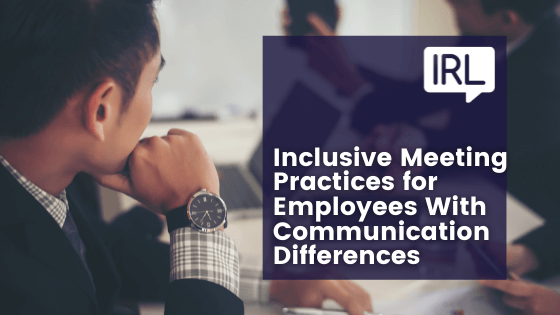“So, how has speech stuff been this week?”
I was working with a client who stutters, a college student. It was the beginning of the school year, a season of transition and change that can often be accompanied by speech challenges.
“Pretty good, actually! I met someone else who stutters in one of my classes, and he recommended this book. It’s called The Stuttering Cure.* He said it helped him a lot. So I started reading it this week and doing some of the things. It’s definitely helping.” He paused. “Have you heard about this book?”
My licensed, certified, certificate-of-clinical-competence in speech-language pathology wheels were already turning. Have I heard of this book? Oh yes. More specifically, I’ve heard of the author. He is one of many self-styled “stuttering coaches” that live on the Internet. A person who stutters figured out a solution for himself, and he established a mini-empire helping others find the light.
Read more







